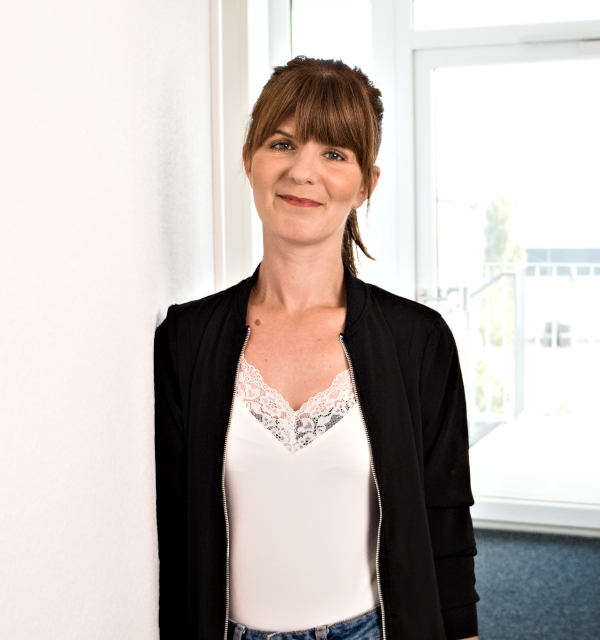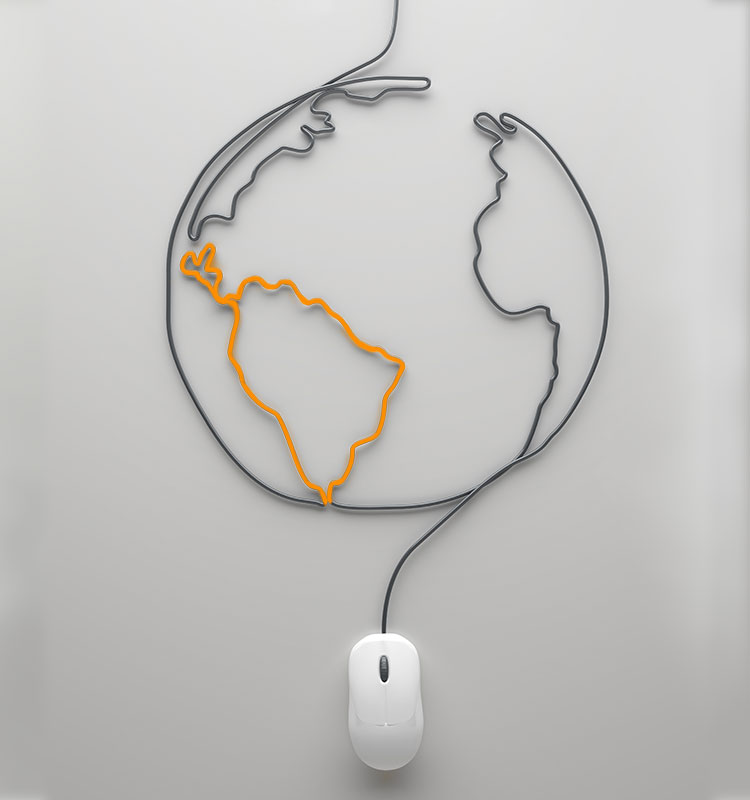
Are you looking for Turkish translations for your commercial endeavours?
oneword’s language experts would be happy to help
oneword’s language experts would be happy to advise you and prepare a free quote for you after examining your documents. We have a global network of professional native-speaker translators at our disposal to provide German to Turkish and Turkish to German translations certified to ISO 17100. And all to your advantage: Every document is technically and grammatically correct and the style and tone are accurately processed and translated by experts and experienced translators.
Turkish translations by oneword: certified, cost effective and on time
Customised for your company
Professional translations into Turkish – not only for Turkey
Turkish is spoken predominantly in the Middle East, but it is also widely spoken in other parts of the world, so translations into Turkish are not only used in Turkey: Turkish is also an official language in Northern Cyprus and the Republic of Cyprus and a local official language in Kosovo, Northern Macedonia and Romania. It is also widespread in Bulgaria, Moldova, Greece, Uzbekistan, Azerbaijan and other Central Asian countries such as Iran. Worldwide, more than 80 million people speak Turkish. In Germany, there are 3 million Turkish speakers.
Turkish translations for German-Turkish trade relations
German-Turkish trade relations have existed since the Middle Ages. In the 19th century, these relations were strengthened when Ottoman infrastructure was expanded with help from German companies. Since 1996, Turkey has been in a customs union with the EU.
Germany is Turkey’s most important trading partner and Turkey also represents an important sales market for Germany. Therefore, Germany and Turkey maintain close economic relations. Because the D-A-CH countries and Turkey are closely networked, professional translations into or from Turkish also play a special role.
Germany’s main export areas are electrical engineering products, technologies and motor vehicles. Supply parts for the automotive industry, machinery, textiles, leather goods and foodstuffs and, increasingly, motor vehicles and electronic goods also represent a large proportion of exports. This means that specialised translations for the Turkish market are also in demand.
In the period from January to November 2018, the number of foreign tourists in Turkey increased by over 22%, significantly surpassing the previous record set in 2014. Germans are the largest group of travellers in 2019 as well, accounting for every tenth person. According to the German Travel Association DRV, Turkey is the fastest growing of all foreign destinations. At the same time, of course, there is increasing demand for translations in the highly competitive and growing tourism market.
Special features of the Turkish language
In German sentence structure, relationships in grammar and syntax are communicated individually, for example using prepositions or in subordinate clauses. On the contrary, modern Turkish grammar is agglutinative. “To agglutinate” comes from Latin and means “to glue on” or “to attach”. Modality in Turkish is expressed using suffixes instead of modal verbs. Therefore, word endings contain most information and differences in meanings. There are often several endings, with a fixed order, of course. Depending on what somebody wants to say, the words get longer and longer, and the word has different types of actions, tenses and nominal forms. For example, “with my cats” in Turkish is “kediler-im-le” (cats-my-with) or “yetişemeyeceksiniz” (you will not be able to catch it). So you can say three times as much, if not more, with fewer words. In this sense, it is the ideal language for anyone who likes to talk but has little time. Nevertheless, certain rules apply here as well: The way the suffixes are said has to be harmonised, i.e. vowel harmony is required. For example, “in Ankara” is Ankara’da and “in Izmir” is Izmir’de. It is also clear that Turkish has long words when you look at some that usually have one syllable in most of the world’s languages, such as “yes” (or oui, si, ja). In Turkish, “evet” has two syllables. A small part of the Turkish vocabulary consists of loanwords, of which about 6,500 come from Arabic, closely followed by almost 5,000 loanwords from French.
Germans find it relatively easy to speak and read Turkish, especially as they are familiar with the many Ös and Üs. There are only a few letters in the Turkish alphabet that Germans are not familiar with: ç (pronounced ch to an English speaker), ş (pronounced sh), ğ (a soft g sound), and ı (an i without the dot).
Turkish does not have a grammatical gender, which can be quite practical, because there are no articles either. This means that, from a purely grammatical point of view, German and Turkish are not similar. And then there are cultural differences.
Cultural specifics for Turkish translations: “Be the parsley in everything”
An important part of Turkish culture is food and everything that is connected with it. People like to eat and, just as much and just as often, they like to talk about culinary dishes. So it is not surprising that food has a firm place in the language, perhaps even more in places where you would not expect. For example, in Turkey, you are not in trouble, you have “eaten a quince” (ayvayı yemek). Or, someone who sticks their nose into other peoples’ business is “the parsley in everything” (her şeye maydanoz olmak).
German is known to be a very precise language, but there are also exceptions to this. For example, in Turkish, the words for relations are much more specific, without needing to add another word like paternal or maternal. In Turkish, there are teyze (maternal aunt), hala (paternal aunt) and the equivalents dayı (maternal uncle) and amca (paternal uncle). Next, there are anneanne (maternal grandmother) and babaanne (you guessed it – paternal grandmother!).
There are also different greetings that everyday German does not have. For example, a host always initially greets their guests with Hoşgeldiniz!, meaning “welcome”, to which the guests respond with Hoşbulduk! which means “nice to be here” or literally “we found you well”. In the same way, the person who is staying in the house says goodbye by saying Güle güle! and the person leaving replies Hoşça kal! (“remain joyful”). Therefore, there are not only grammatical but also cultural subtleties that need to be taken into account when translating for Turkey.
You may also be interested in
8 good reasons to choose oneword.
Learn more about what we do and what sets us apart from traditional translation agencies.
We explain 8 good reasons and more to choose oneword for a successful partnership.




